The latest string of serious traffic accidents over the past few weeks induced the Interior Ministry to turn its efforts to road accident control and prevention.
Свързани публикации в текста:
Just days after assuming office, caretaker Minister of the Interior Ivan Demerdzhiev announced thirteen measures to address the war on the roads of Bulgaria. One of them is the so-called “linear approach” to traffic control, where police officers monitor the behaviour of drivers by moving alongside them. Control will be enhanced in towns and villages for unlicensed drivers, and for driving under the influence of alcohol and drugs.
However, these methods are nothing new, they have been applied before as part of different campaigns but their effect is short-lived. What the Interior Ministry lacks is vision and a clear accident prevention policy, says former Interior Minister Philip Gounev:
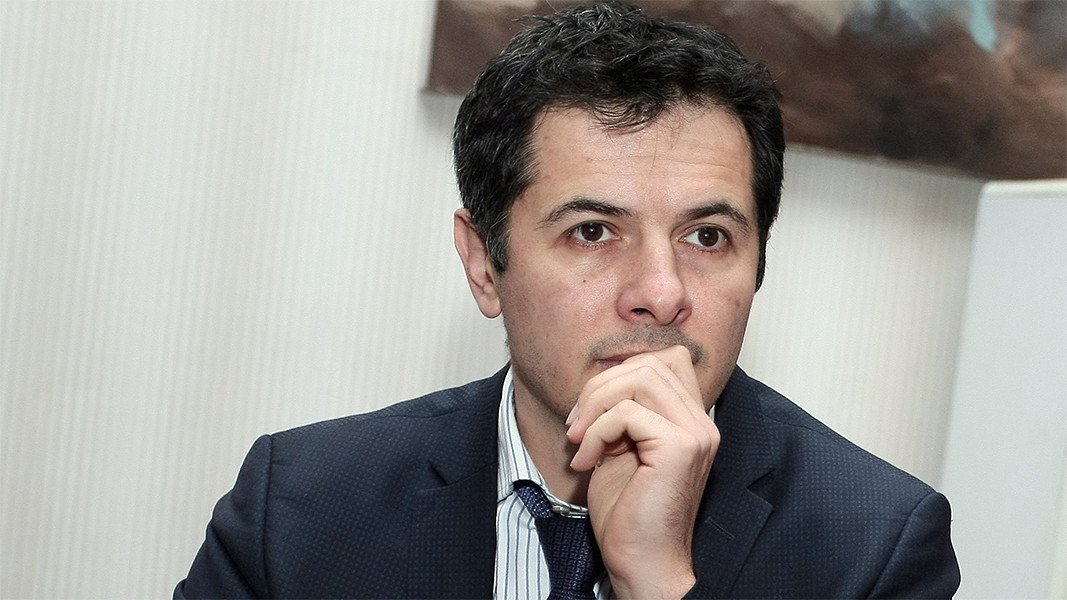
“In the modern world, policy must be based on some kind of knowledge, you must know what the cause is of these road accidents to be able to take adequate steps,” Philip Gounev said in an interview with BNR-Vidin. “At the Ministry of the Interior that kind of knowledge is at a minimum. When you have a traffic accident, what you need is a good analysis of the locations, of the causal agents, of the road conditions in the area. This information will give us a solid foundation to stand on, but it is missing. With minor accidents, when the traffic police are not called in, no viable information is collected at all. With serious traffic accidents, when a multitude of institutions have to come and analyze the situation, the analysis they make needs to be very good. But what it usually boils down to is three or four causes – speeding, and only rarely infrastructure or technical failure of the vehicle. When a minister is given a traffic safety analysis by the police, it is no more than dry statistics – which regions have more accidents, which regions have less, but as to the causes – you do not know what they are. Which means that the measures you are going to take will always be the same: more control, more and higher fines, but whether we need more control of wrong overtaking, or more fines because we have ascertained that this is a major cause – we have no way of knowing.”
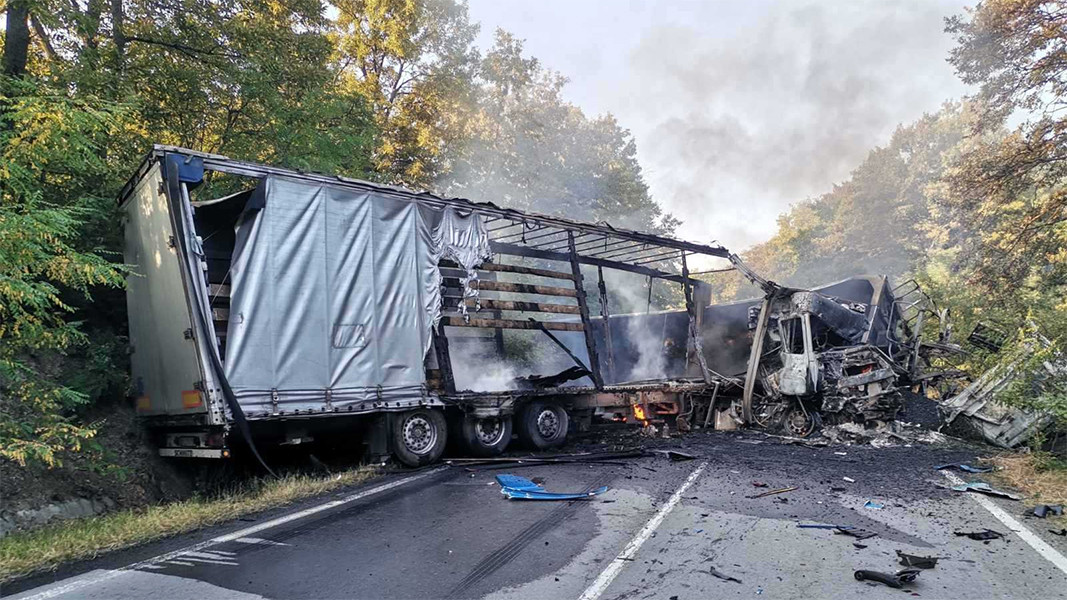
But the Interior Ministry is not the only authority whose job it is to monitor road safety. That is why the responsibility should not fall wholly on law enforcement officers, says Diana Russinova from the European Centre for Transport Policies:
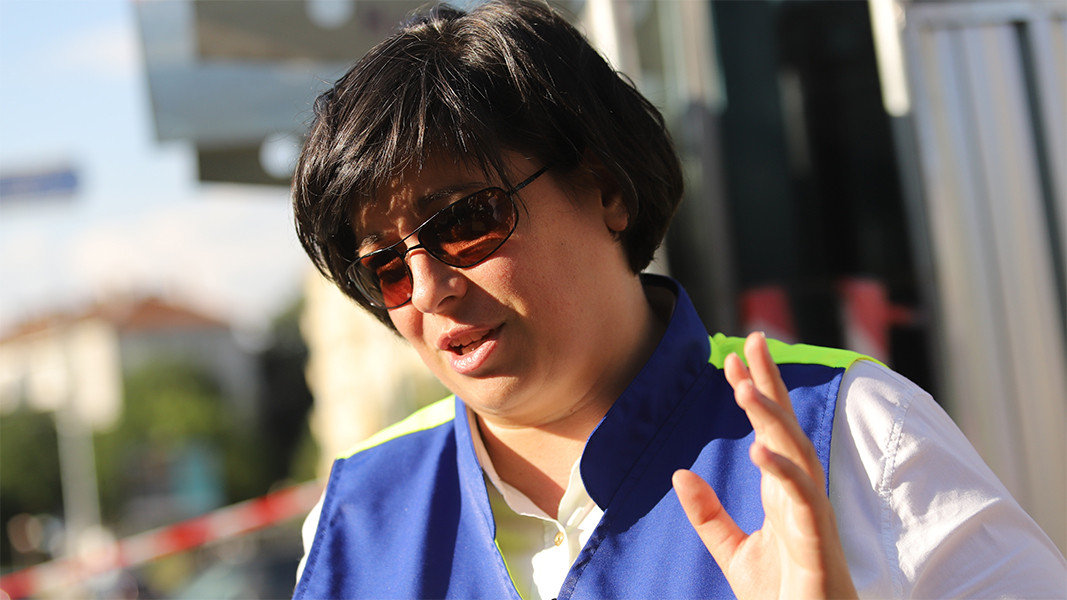
“The fact that practically all available police resources are being brought out is, after all, a way to improve road safety, but there is no coordination among the institutions that should provide for road safety,” Diana Russinova says. “The body in charge of this coordination and the control of these concerted actions, the body that should develop and put them forward is the State Agency for Road Safety. At the moment, it is a department directly under the Minister of the Interior, but we are still seeing systemic mistakes which we are constantly reporting. No analyses of serious road accidents involving young drivers, and public transport of passengers and freight have been made since 2019.”
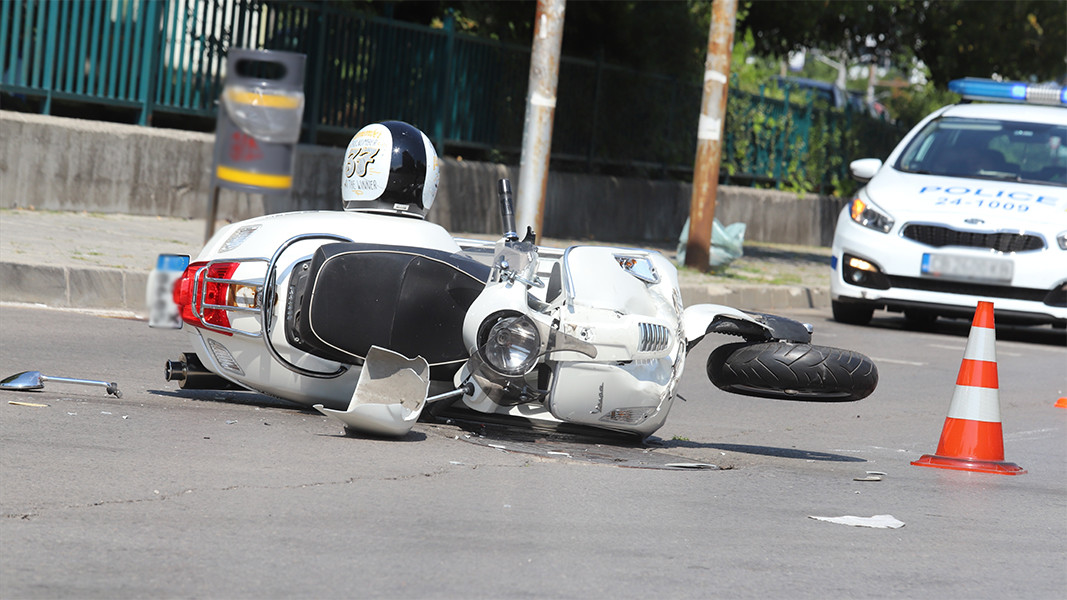
The road safety crisis is reaching unacceptable levels, says Bogdan Milchev, director of the Road Safety Institute:
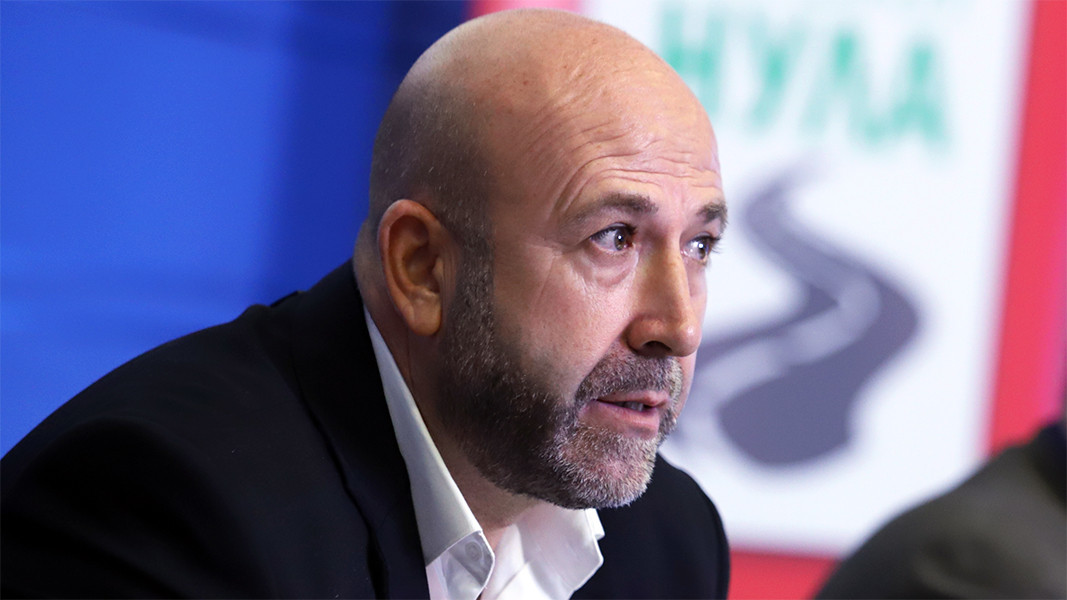
“The tragic state our roads are in is deepening the crisis, until it reaches levels which are, to my mind, unacceptable. More than 15 people have been killed in the brief space of time since the beginning of August, double the number compared to the same period of last year. Unless things are brought back to normal and urgent measures are taken, we shall go back to 2019 levels, which means going back instead of forward. I myself do not see any light in the tunnel.”
In Bogdan Milchev’s words, what is needed is a plan of action capable of yielding some kind of result, here and now. But whatever steps the authorities may take, it is important to know that the responsibility for our life on the road is in our own hands, and drive with due care and attention.
Interviews by BNR-Vidin
Editing by Yoan Kolev
Photos: BGNESRadmila Sekerinska from North Macedonia appointed NATO Deputy Secretary General NATO Secretary General Mark Rutte has appointed Radmila Sekerinska from North Macedonia as the next NATO Deputy Secretary General. “I am happy to announce..
The traditional Bulgarian Christmas picnic, organized by the Bulgarian Cultural and Social Association "Rodina - Sydney" and the Bulgarian School "Dr. Petar Beron", will take place on December 8 , 2024 in St. Leonards Park in Sydney. "We have..
The Bulgarian national minority in Albania is one of the largest in the country, according to data from the latest official population census. A total of 7,057 individuals identified as Bulgarians. For comparison, 23,000 people identified as Greeks,..
The Varna Regional Library "Pencho Slaveykov" has acquired a humanoid robot. It was unveiled by the library's director, Radka Kalcheva, during the..

+359 2 9336 661
